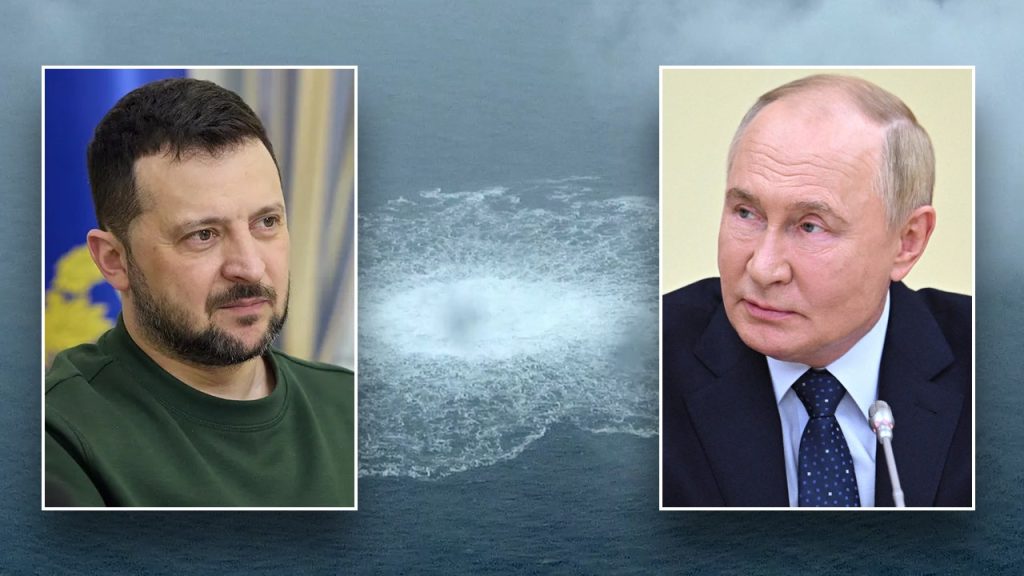German authorities have issued an arrest warrant for a Ukrainian national in connection to the explosion that damaged the Nord Stream 2 pipeline two years ago, raising questions of Ukraine’s involvement in the incident. The suspect, identified as “Volodymyr Z,” was part of a six-man diving team of Ukrainians who rented a German yacht to plant explosives on the pipeline, allowing Russia to sell gas more easily to Europe despite sanctions over its invasion of Ukraine. The underwater detonations occurred in international waters but within Swedish and Danish economic zones, leading to suspicions of a state actor being involved. The plan took four months to enact and cost around $300,000.
Ukrainian President Volodymyr Zelenskyy initially supported the plan but later tried to halt the effort after the CIA intervened. However, Commander-in-Chief Valeriy Zaluzhniy went ahead with the operation, despite Zelenskyy’s orders to stop it. Four senior Ukrainian defense and security officials stated that the pipelines were viewed as a legitimate target in the war, although Zaluzhniy denied any knowledge of the operation and dismissed the claims as mere provocation. Russian false flag operations have also been raised as a possibility, with Russian involvement being suspected in self-sabotage to justify their continued invasion of Ukraine.
German intelligence officers believe the Russian false flag theory while the Poles support this idea and have sent a document with names of Russian suspects to Germany’s Federal Intelligence Service. However, the Germans remain convinced of Ukrainian responsibility and have named two other suspects, Svitlana and Yevhen Uspenska, who denied any involvement in the incident. Investigations into the explosion were opened by Germany, Denmark, and Sweden, with Sweden finding traces of explosives and confirming the act as sabotage. Sweden and Denmark, however, closed their investigations earlier this year due to lack of sufficient grounds to pursue a criminal case.
U.S. intelligence in 2023 suggested that a pro-Ukrainian group was behind the attack, and then-National Security Council spokesman John Kirby confirmed it was an act of sabotage but stressed that the U.S. was not involved. Despite these reports, neither the U.S. State Department nor the Ukrainian Foreign Ministry responded to requests for comment, leaving the situation somewhat unresolved. The involvement of Ukraine in the Nord Stream 2 pipeline explosion continues to be a topic of speculation and investigation, with various countries weighing in on the matter. The complexities surrounding the incident and the conflicting reports from different intelligence services add to the intrigue and uncertainty surrounding the events that led to the damage of the pipeline.


